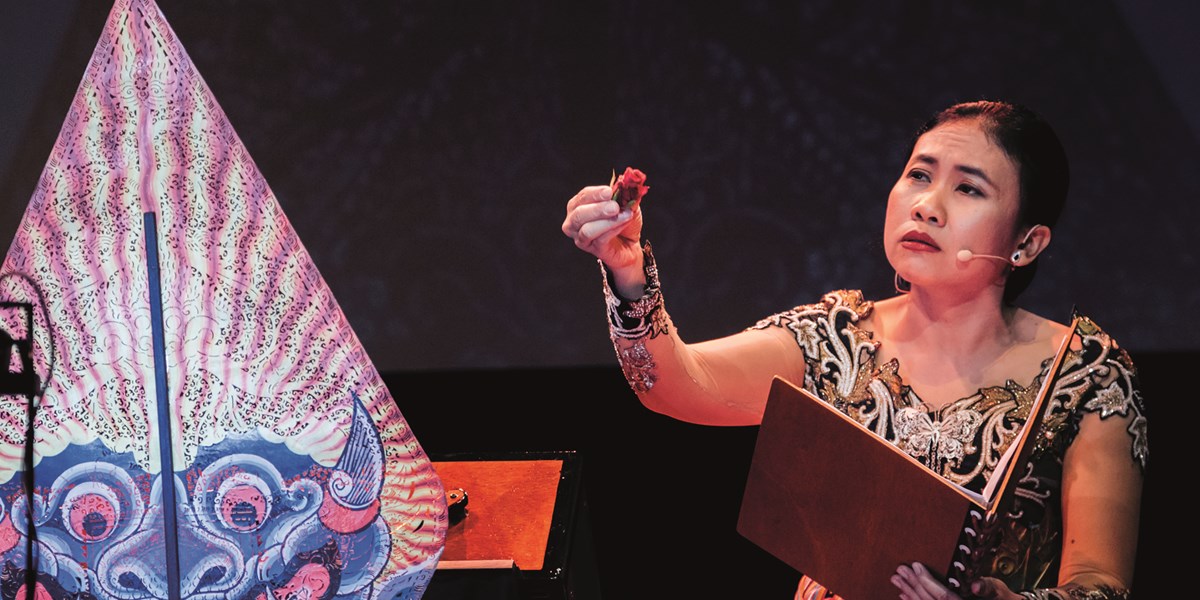Friday, October 4, 2024
Edinburgh International Festival 2024 Unites Us with Rituals
The theme of this year’s Edinburgh International Festival is Rituals that Unite Us. Simon Broughton witnesses three performances that fit the brief

Peni Candra Rini at EIF 2024 (Photo by Ryan Buchanan)

Register now to continue reading

Thanks for visiting the Songlines website, your guide to an extraordinary world of music and culture. Sign up for a free account now to enjoy:
- Free access to 2 subscriber-only articles and album reviews every month
- Unlimited access to our news and awards pages
- Our regular email newsletters

